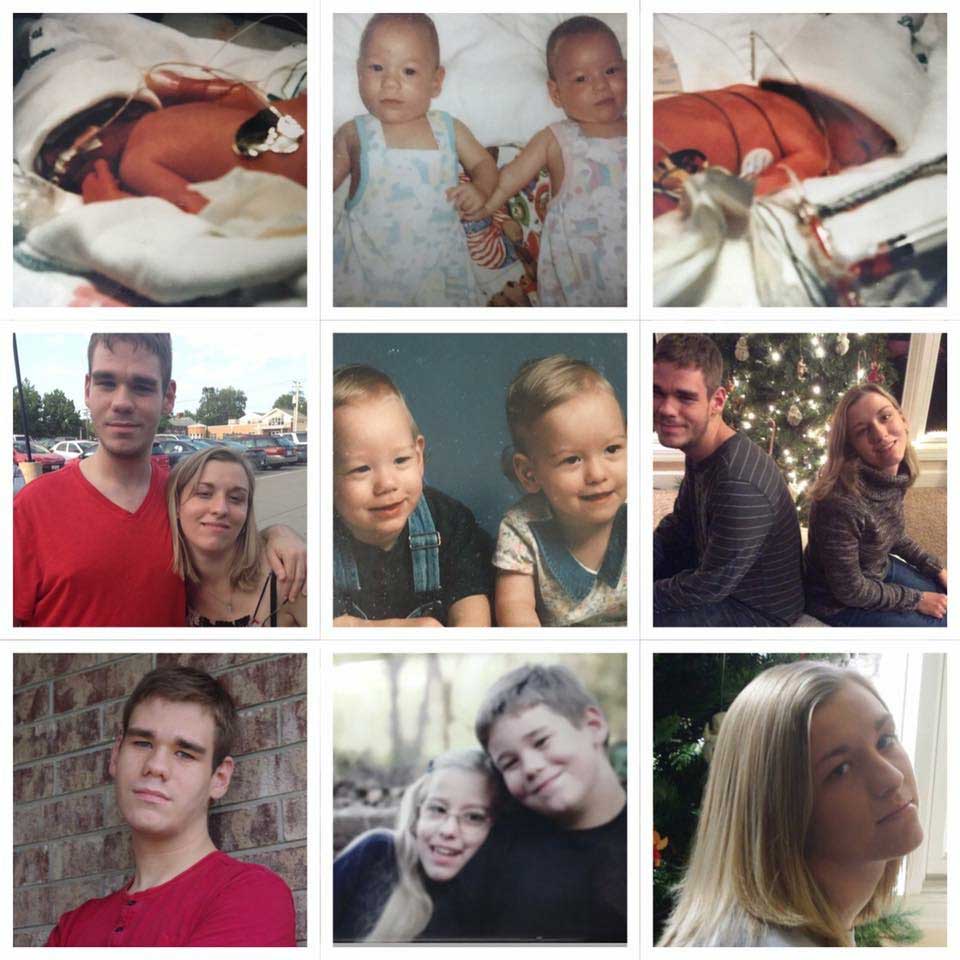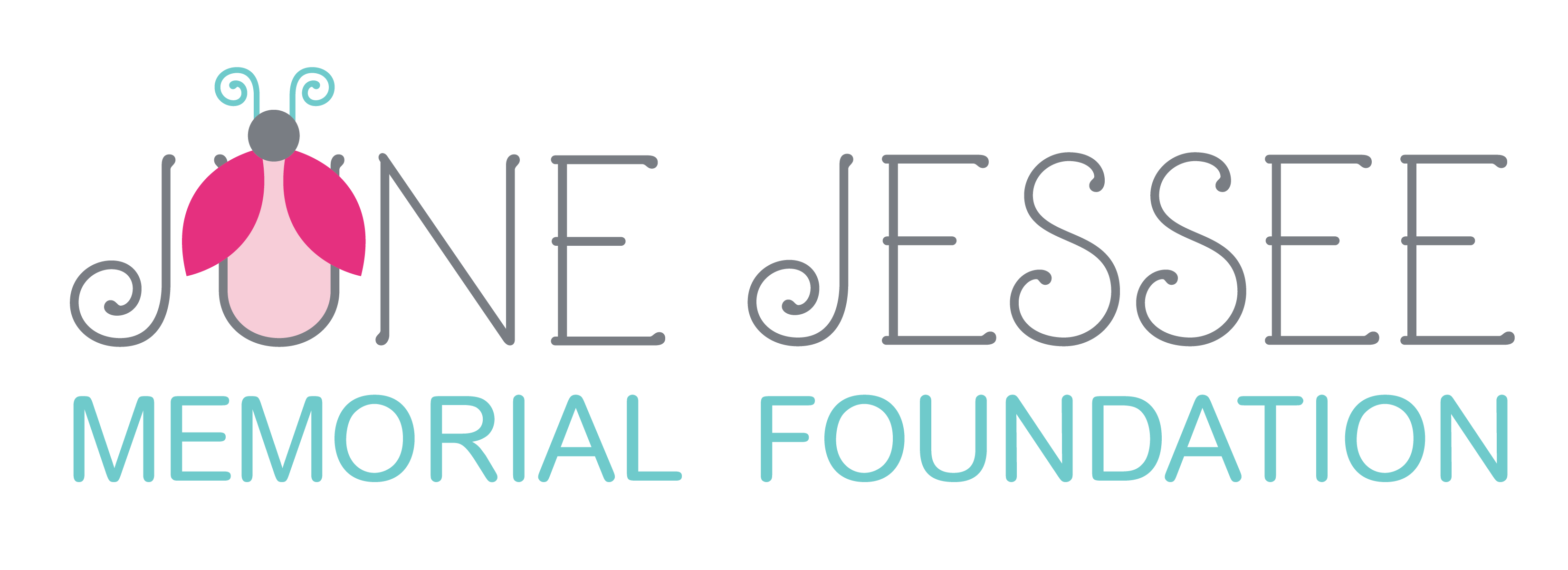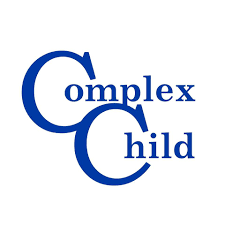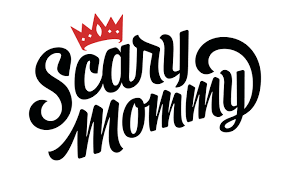Transforming Personal Struggle into Community Support
My family benefited so much from the toy-lending library and support group Capable Kids and Families when June was a baby. While interviewing Julia Shaffner, the program coordinator in St. Louis, I learned that Capable Kids was started by a “regular” mom, in Rolla, MO, named Jean Darnell. Darnell created what has become a multi-city program while caring for twins who both had a lot of needs, a fact that just really blew me away.
[Check out our post on Capable Kids and Families here.]
I think that a lot of parents have the same experience Darnell did—we see a real a problem in healthcare, or a real lack of services, and have an idea how to fix it. But actually creating a program can seem daunting. I know I felt overwhelmed when we first started talking about creating the June Jessee Memorial Foundation. I almost talked myself out of it, asking, “How could I possibly fill the void I see?”
As I have learned, we often have a lot more power to make a difference than we realize. To me, Darnell is a huge inspiration in terms of showing us all how one person can create the change she wants to see, even in the midst of huge responsibilities at home.
Genny Jessee: What led you to think up Capable Kids and Families? How did you come up with the idea?
Jean Darnell: My children were born very prematurely, and they spent a lot of time in the NICU. At about 18 months, they were diagnosed with cerebral palsy. I just felt like I had to find every resource available. There really wasn’t much. We spent their early years constantly going to St. Louis for medical care and to look for other opportunities for them.

One day, we were leaving Children’s Hospital, and one of the therapists suggested a specific piece of equipment for our daughter, Abbie. She said, “It’s really expensive, so you probably will want to work through your insurance company.” I went home and started the whole process with the insurance company. They denied the equipment. I appealed that decision, and appealed and appealed. Finally, they called with a final decision: it was not necessary to sustain her life.
I sat there and let that sink in, and then I just cried. The fact that this might make the difference between whether she was able to get around on her own or be in a wheelchair didn’t matter. I just thought, there’s got to be a better way.
I was also dealing the isolation that comes with caring for children with special needs. No matter where I turned, it felt like no one understood me.
Genny Jessee: A lot of us have similar frustrations with trying to get insurance coverage, and also feeling isolated. But how did those experiences lead to Capable Kids and Families?
J.D.: When my kids were a little older, I was working at the Community Partnership [a group focusing on children in foster care, teen parents, kids with disabilities, and other family needs]. Our executive director put an RFP [Request for Proposals] from the Missouri Department of Social Services on my desk and said, “Hey, dream up something new.” The RFP listed a number of possible groups the applicant could focus on, including “children with disabilities.”
I started thinking about what was missing when our kids were little. What did we need? Immediately I went back to that denial from the insurance company. We needed equipment—ideally that we could borrow to see if it helps—and support on using it.
At about the same time, I had a phone call from a mom in Rolla who said she’d seen me at the physical therapy clinic and just needed someone to talk to. I realized that we also needed a chance to talk with others going down the same path. Those were the pieces I felt were missing. I created a proposal for a program based on that.
We were awarded the funding, and that got us going for low-income families, the grant’s focus. But once we were operating, we began to receive inquiries from other families, including those who did not fit the income and employment criteria. This inspired us to look for additional funding streams to expand.
Genny Jessee: Did you have a lot of families who wanted to borrow equipment right away?
JD: Actually, our first hurdle was getting families to enroll! After six months, we only had two or three families in the program. I started visiting therapists, and I learned that there was a misperception that we were trying to replace therapy. Therapists were discouraging families from enrolling. I was like, “No! No! We’re trying to provide the appropriate tools so that parents can do the follow-through activities at home. We could never replace therapy.”
As people began using the service and talking about it, groups in other cities asked us to help them bring it in. We can do that, as long as a group has the funding.
Genny Jessee: Wow, I would not have guessed that finding families to enroll would be a struggle. Can you share a story of a family that benefited from Capable Kids and Families?
J.D.: There was a young mom with a little boy whose prognosis was not good. He had no hearing or vision, and many, many issues. The doctors told her not to expect him to make it to his fifth birthday. One of the things she loved to do was to hold him, and read books or sing to him. But holding him was very difficult. We finally came up with a special net swing that would allow her to hold him in a manner that would be best for him.
There was no other equipment for him. I just felt helpless; there was nothing else I could provide beyond comfort. I was talking to this mom one afternoon, and I said, “I would like to bring something, but I have no other ideas.” She said, “Every person who walks in my door is here to do something to my son—to move him, to treat him, to administer something. You’re the only one who comes and asks me how I’m doing.” That was the moment I realized we’re there to walk beside people. We can’t take away the pain or struggle, but we can walk beside. That’s one I’ll forever carry in my heart.
Genny Jessee: That’s beautiful. I bet she carries you in her heart, too. I felt so grateful for the person who visited me from Capable Kids and Families. If someone is reading this and wants to bring Capable Kids and Families to her city, how could she do that?
J.D.: At this point we have a program in St. Louis, Springfield, Jefferson City, and Rolla. The expansion has been great, but my dream is for this program to be around the world. We’d love to work with any group wanting to bring the program to their city.
Each center runs a little differently. In St. Louis, it’s run through St. Louis Arc. In Jefferson City, it’s run through the Special Learning Center, a therapy center and preschool. There are a multitude of organizations that work with our population. It could even be a group of parents who come together. As long as the group can figure out the funding, which is always a challenge, we can work with them to set up the Capable Kids and Families program.
Genny Jessee: How are your kids doing now?
J.D.: My kids are doing very well. I think the doctors have to tell us the very worst, but the very worst doesn’t always come true. Going back to my daughter’s very first scans at Children’s Mercy in Kansas City, the doctors told me that she would never talk, walk, sit up, or roll over. She would never feed herself and she was likely to be blind and deaf.
Today, she does have significant physical issues: she uses a walker and brace, has some vision issues, and needs assistance with daily living tasks. But despite all that, Abbie finished her bachelor’s degree at Maryville University. She graduated with honors, and is working on her master’s degree online through the University of California-Santa Barbara. She wants to be a child-life specialist at St. Louis Children’s Hospital. She has a huge heart and connects well with children of all ages.
Colin is in his second year of law school in Indiana. He walks independently, but the CP is noticeable in his gait. He also does not drive. He has a great sense of humor and is passionate about issues impacting those less fortunate.
You know, what they told me and what turned out to be the case is so different. We’re very fortunate.
Genny: That is so inspiring! Thank you so much for your time and for sharing your story.







